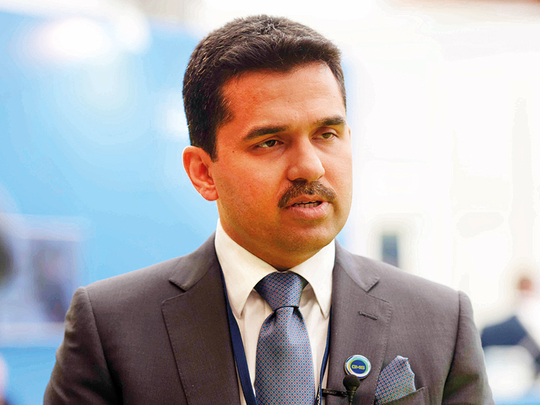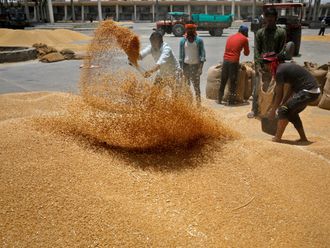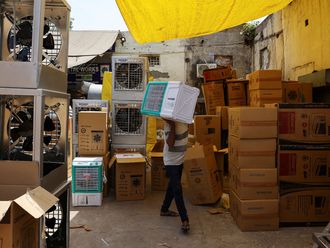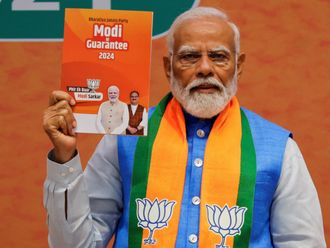
Abu Dhabi: On Friday (July 21, 2017), millions of Non-Resident Indians (NRIs) spread across the world, who have been eagerly waiting for the right to vote from abroad in elections back home, will know how and when the Indian government will implement such a mechanism.
More than 10 million NRIs around the world, including 2.8 million in the UAE, have been following a litigation in India’s Supreme Court initiated by Abu Dhabi resident Dr Shamsheer Vayalil, and two other NRIs in 2013. Currently, NRIs have to travel to India during elections to exercise their franchise. It is probably due to this hassle that only 24,348 NRIs have registered as voters.
The Indian Government has to inform the court on Friday how and when it will extend the right for NRIs to vote from abroad, according to a lawyer involved in the related litigation for the past four years.
In the last hearing on July 13, when the government asked for more time citing procedural delays such as amendments to the law, the court strictly asked the government to convey its decision next week [on Friday], advocate Haris Beeran, who is part of the legal team representing Dr Vayalil, told Gulf News from New Delhi on Wednesday.
When the government mentioned the procedural delay in getting the law amended by parliament, former attorney general Mukul Rohatgi, who represented Dr Vayalil, contested it and argued that amending the conduct of rules by the government was enough to implement the NRI voting rights. Rohatgi pointed out that voting rights through e-postal ballot was extended to defence personnel in October 2016 by just amending the rules (by the government) and the same could be done in the case of NRIs, Beeran said.
“Even if the government sticks to its position that it has to initiate an amendment through parliament, it has to present a proper plan of action on Friday as instructed by the court,” the lawyer said.
A request by the government to dispose of the petitions, considering its assurance in the matter, was also not entertained by the court, he said. The court made it clear that no further delay will be accepted.
Dr Vayalil said it is heartening to witness the Supreme Court showing urgency towards NRI voting rights. “As we all know, the recommendations of the Election Commission in this regard have already been accepted by the government and the apex court. We hope NRIs can get their constitutional rights to vote soon,” he said.
India’s Ministry of Law and Justice and the Election Commission of India did not respond to a Gulf News request for comments despite repeated reminders.
Former chief election commissioner (CEC) Nasim Zaidi, said in a newspaper interview early this month that the poll panel is ready to implement the e-postal ballot system for NRIs to vote, if the government gives the go-ahead. The Election Commission has informed the government that it can implement the e-postal ballot system for NRIs within three months of the necessary law being introduced.
The e-postal ballot system involves sending e-ballot papers to the voters, which are returned by post after the voters have marked their choice.
The system was introduced for armed forces personnel in October last year.
What is e-postal ballot ?
E-postal ballot is a password-protected electronic ballot paper that will be emailed to an NRI voter’s registered email id, advocate Haris Beeran said. A one-time password will be sent to the voter’s registered mobile number, with which the voter can download the ballot paper and an envelope. After casting the vote, the voter has to send the ballot paper in the given envelope to the Election Commission of India by post, or any other prescribed mode. Any tampering with the envelope will make the vote invalid.
There is a proposal to involve the Indian Ministry of External Affairs in the process so that diplomatic missions abroad can receive the sealed postal ballots from NRI voters and send them to India in diplomatic bags. This will prevent tampering with the sealed ballots. The Indian government and the election commission have to look into these aspects and take a final decision, the advocate explained.












